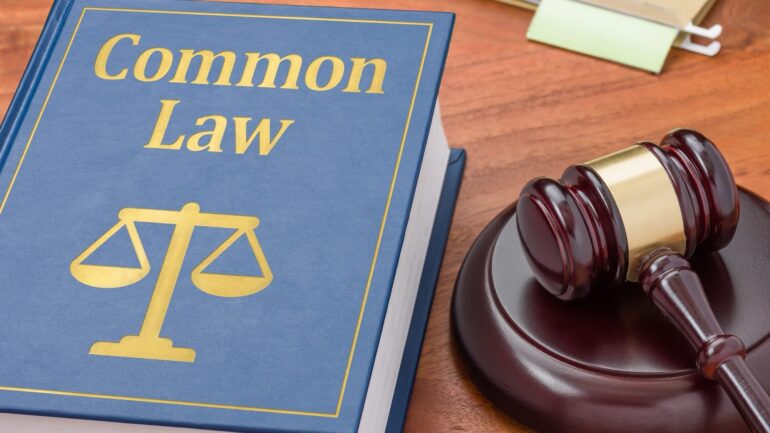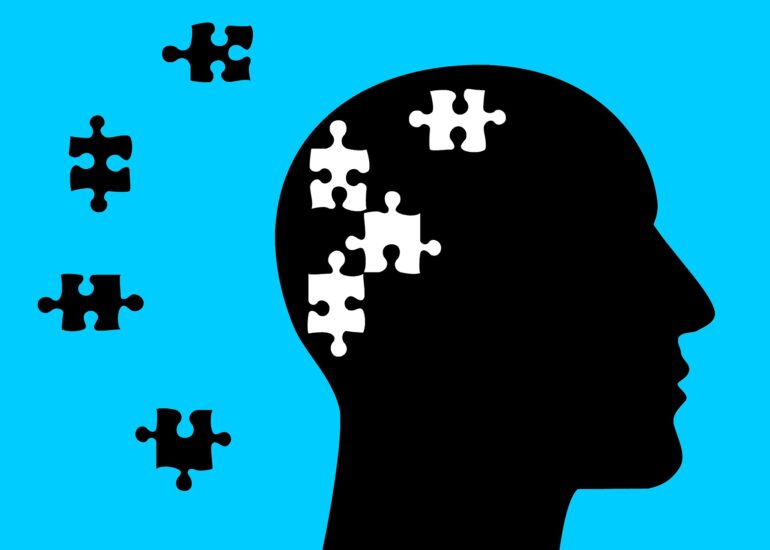In Canada, most criminal offenses are codified in the Criminal Code. The Code’s official title is An Act respecting criminal law, but it is commonly shortened to Cr.C. in legal reports. It contains a wide variety of procedural rules for criminals, as well as a number of common law defenses.
1. Common law defenses

The criminal laws of Canada contain a range of common law defenses that are applicable to certain types of crimes. Some defenses are purely common law, and others are regulated by statute.
For example, duress is a common law defense that is not limited to a particular type of offense.
The criminal laws of Canada have been influenced by English common law. This is because the Criminal Code is a codification of English law, and most substantive provisions of the Criminal Code have a counterpart in English law.
As a result, Canadian courts have drawn heavily on English precedents throughout their jurisprudence.
2. Statutory enactments

Criminal laws in Canada are the result of enactments made by Parliament. The Criminal Code is the central body of criminal law and is the basis for most criminal prosecutions.
There are also numerous peripheral statutes. In Canada, criminal proceedings are brought in the name of the “King in Right of Canada.”
The Canadian criminal code has a number of sources, including statutes, ordinances, and other legislative enactments.
A modern approach to statutory interpretation acknowledges that legislative intent and established legal norms are interrelated. For this reason, it is helpful to understand the creation of legislation.
3. Appeal procedures

If you have been found guilty of a criminal offense and want to appeal your conviction, the criminal laws of Canada provide appeal procedures. First, an appellate court will review the lower court’s decision for errors of law. And for that, you will need a lawyer.
And if you are innocent and have been stuck for a nonvalid reason, get yourself free by consulting a reputable criminal lawyer like Aswani Datt.
If there were any, the appellate court can reverse or modify it. Otherwise, it may reject your appeal and dismiss your case.
While most trials are open to the public, there are times when a trial may be closed for reasons of public morals, order, or proper administration of justice. For example, a recent trial in Ontario was closed to the public and to the American press.
A judge found that this was necessary to protect the ban and the right to a fair trial. In addition, Canadian courts still retain their common-law powers of contempt and can delay the publication of matters heard by a jury.
4. Bail hearings
In Canada, bail hearings are conducted to determine a person’s eligibility to be released on bail, usually pending trial. The decision is based on the strength of the Crown’s case and the severity of the offense.
A person accused of a crime should contact a lawyer as soon as possible. A lawyer can help you understand your legal options and help you prepare for a bail hearing.
In the vast majority of cases, bail hearings are conducted by the courts. While these hearings are typically conducted without cash or surety, a higher level of bail can be ordered if necessary to ensure the accused’s attendance and avoid committing new offenses. In some cases, the Crown may consent to cash bail.
5. Mental health diversion

The Criminal Code of Canada contains provisions for mental health diversion. These courts accept individuals whose mental illness is connected to their criminal behavior.
These courts are supervised by teams of professionals from the justice system, mental health providers, and support systems. In most cases, participation in these courts is voluntary. The process involves screenings and evaluations by a mental health professional. Early intervention is crucial.
The goal of mental health diversion is to divert individuals from the criminal justice system by offering treatment that is appropriate for their condition.
These programs can be used for minor to mid-range crimes resulting from mental illnesses. In order for these programs to be successful, the accused patient must have a mental disorder that can be treated.






